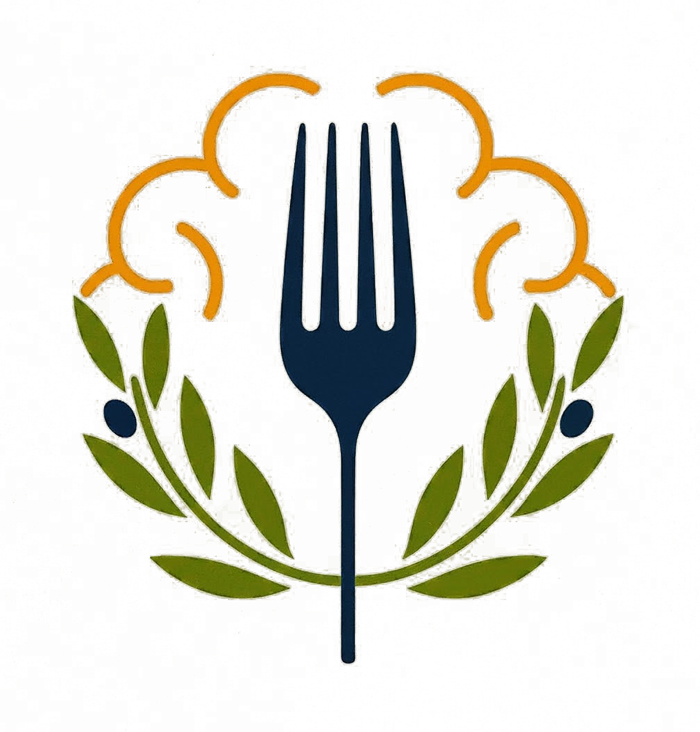Voluntary Fasting: Reclaiming an Ancient Practice in a Modern World
- Dov Glazer
- Jun 8
- 3 min read

In a world where food is often abundant and always accessible, the concept of voluntary fasting stands out as a deliberate act of self-discipline and conscious choice. Far from being a modern fad, fasting is deeply woven into the tapestry of human history, predating even our earliest written records. Our ancestral cave dwellers, unlike us, didn't choose to fast; it was a non-negotiable reality born of unpredictable hunting and gathering cycles, where "meal times" were dictated by opportunity, not by the clock.
This involuntary fasting of our ancestors, characterized by periods of both feast and famine, suggests an inherent human adaptation to irregular eating patterns. It's a stark contrast to the relatively recent phenomenon of three square meals a day, a structured eating schedule that solidified in Western society only in the 19th century, driven by industrialization and agricultural advancements.
Today, however, the choice to fast is largely a conscious one, motivated by diverse reasons that echo historical precedents while embracing new scientific understanding. From ancient spiritual purification and protest movements, as exemplified by figures like Mahatma Gandhi, to the therapeutic practices recognized by physicians like Hippocrates, voluntary fasting has always offered a pathway to a different state of being.
In recent decades, there's been a significant resurgence of interest in voluntary fasting for its potential health benefits. Intermittent fasting protocols, such as time-restricted eating or alternate-day fasting, are now widely explored for their roles in weight management, improving metabolic health, and triggering cellular repair processes like autophagy. These modern approaches acknowledge our evolutionary past, suggesting that our bodies are well-equipped to thrive during periods of reduced caloric intake.
Yet, voluntary fasting is more than just a physiological intervention; it's a profound psychological and behavioral journey. It encourages a shift in our relationship with food, moving away from mindless consumption towards a more intentional approach. This is where the concept of Mindful Feasting becomes crucial.
If fasting is about periods of deliberate abstinence, then Mindful Feasting is about the conscious, appreciative consumption of food during eating windows. It's not about gorging after a fast but about truly savoring each bite, paying attention to hunger and satiety cues, and nourishing your body with high-quality, nutrient-dense foods. Mindful Feasting complements voluntary fasting by ensuring that the periods of eating are as deliberate and beneficial as the periods of abstinence. It helps prevent disordered eating patterns that can sometimes arise from restrictive practices, fostering a balanced and sustainable approach to well-being.
Before embarking on any voluntary fasting regimen, it's paramount to understand that while powerful, it is not a universal panacea. Certain individuals, including pregnant or breastfeeding women, children, those with a history of eating disorders, or individuals with specific medical conditions like Type 1 diabetes, should avoid fasting without strict medical supervision. Fasting can significantly interact with medications and existing health conditions, making professional medical guidance a non-negotiable step for extended or therapeutic fasts.
Ultimately, voluntary fasting, when approached with knowledge, caution, and a commitment to Mindful Feasting, can be a transformative practice. It offers a path to rediscovering our body's innate resilience, fostering a deeper connection with our nutritional needs, and harnessing an ancient wisdom for modern health. It's a journey not just of abstaining, but of consciously choosing when and how we nourish ourselves, ultimately leading to a more intentional and healthier life.




Comments